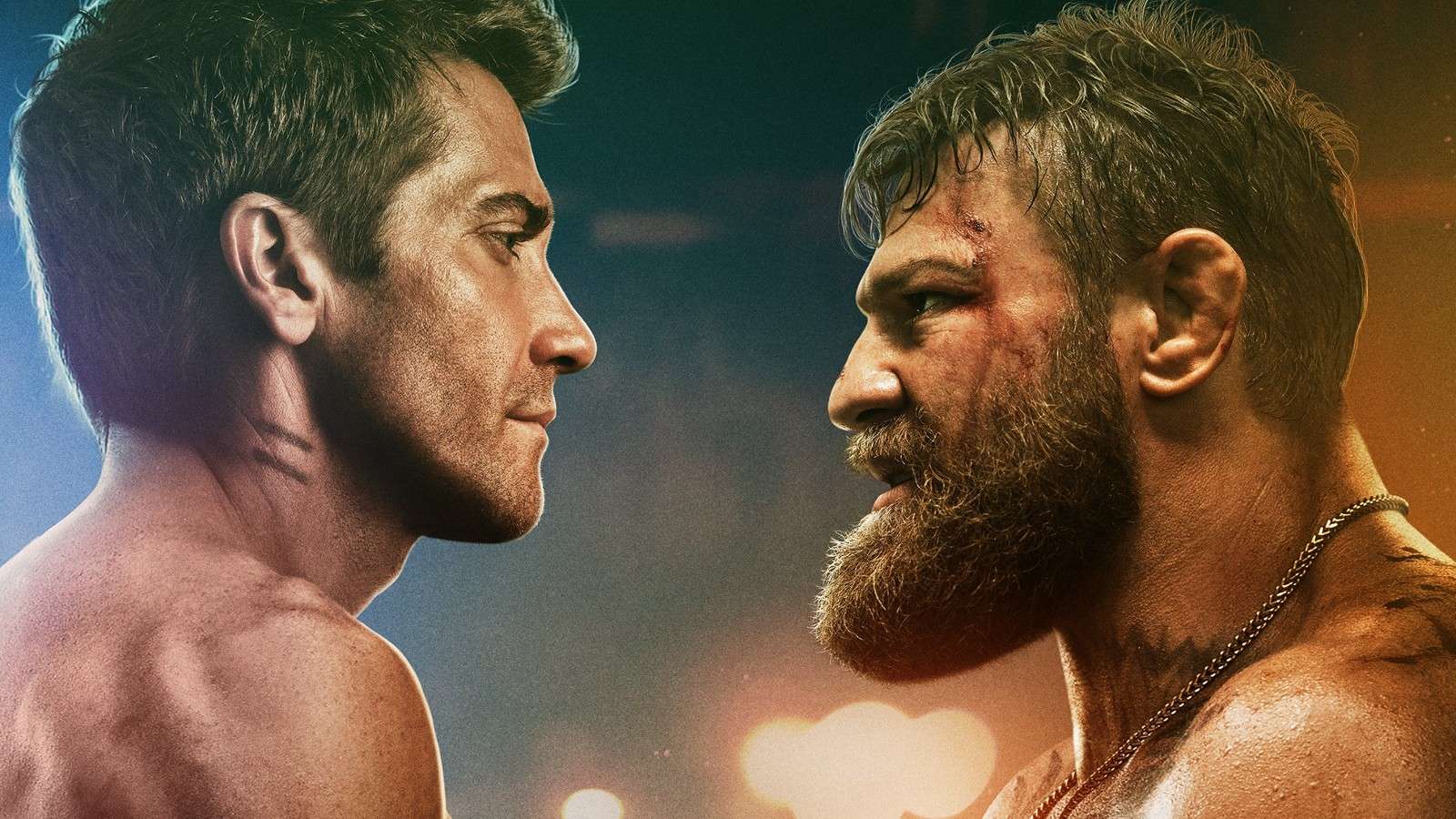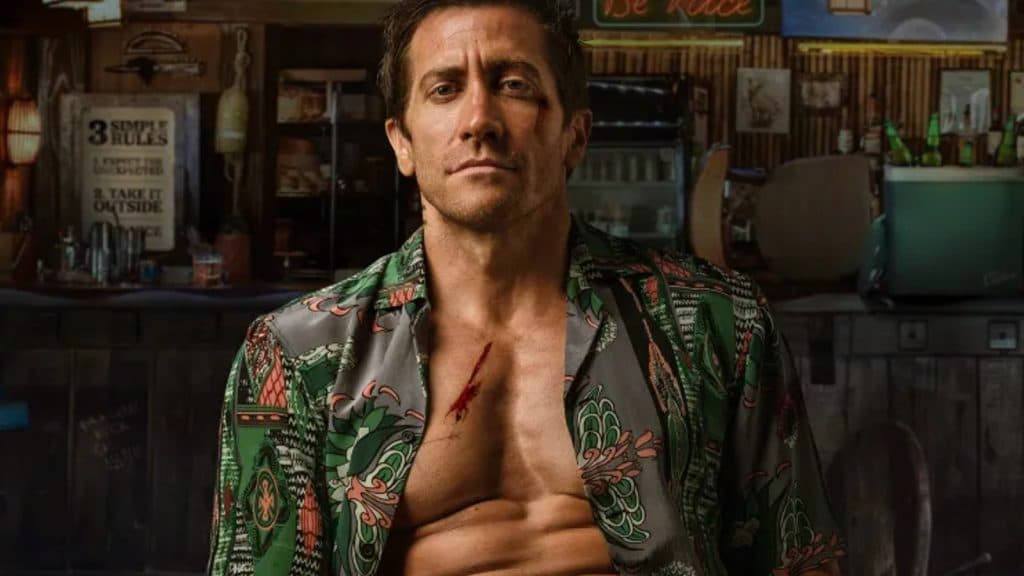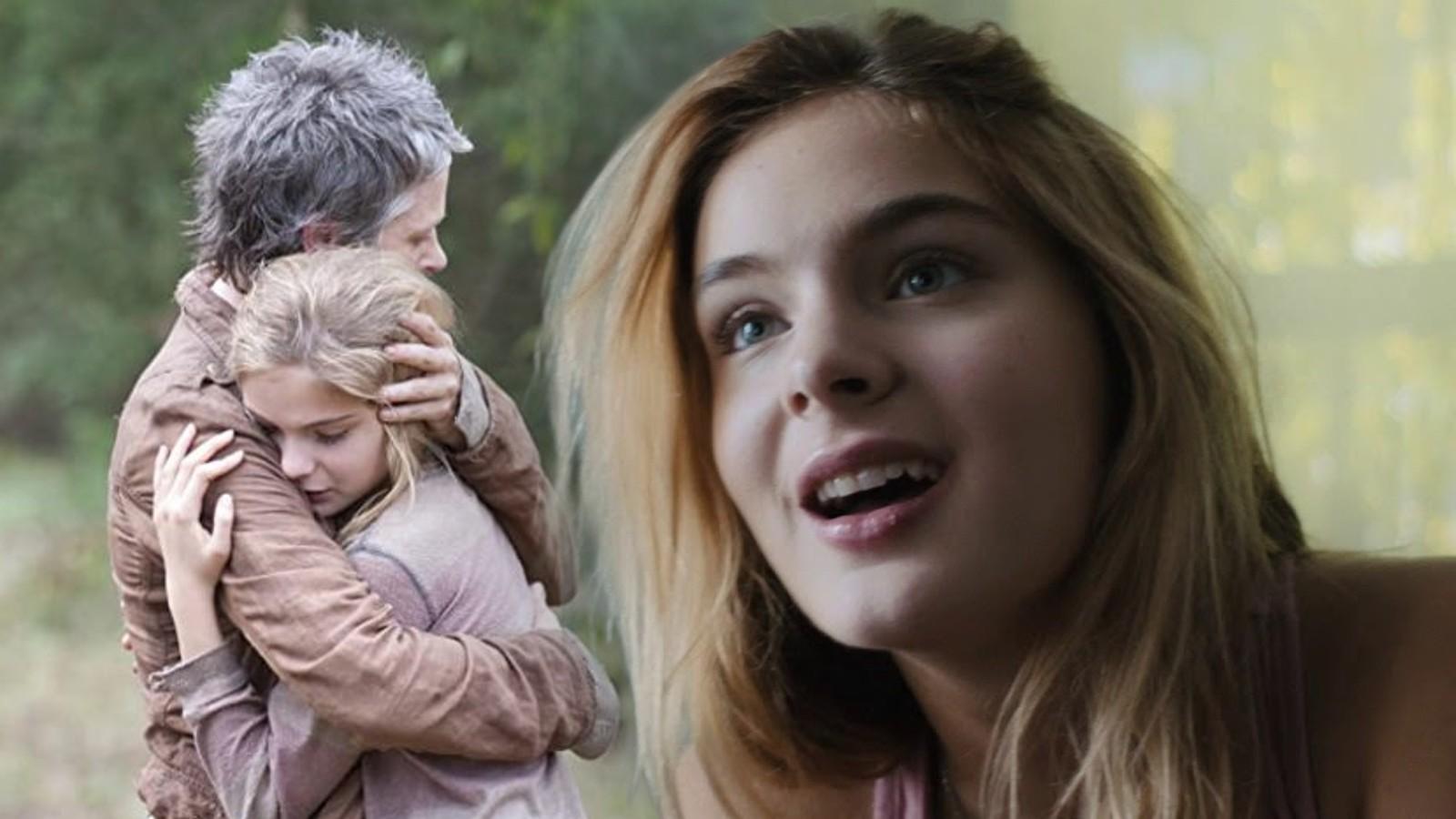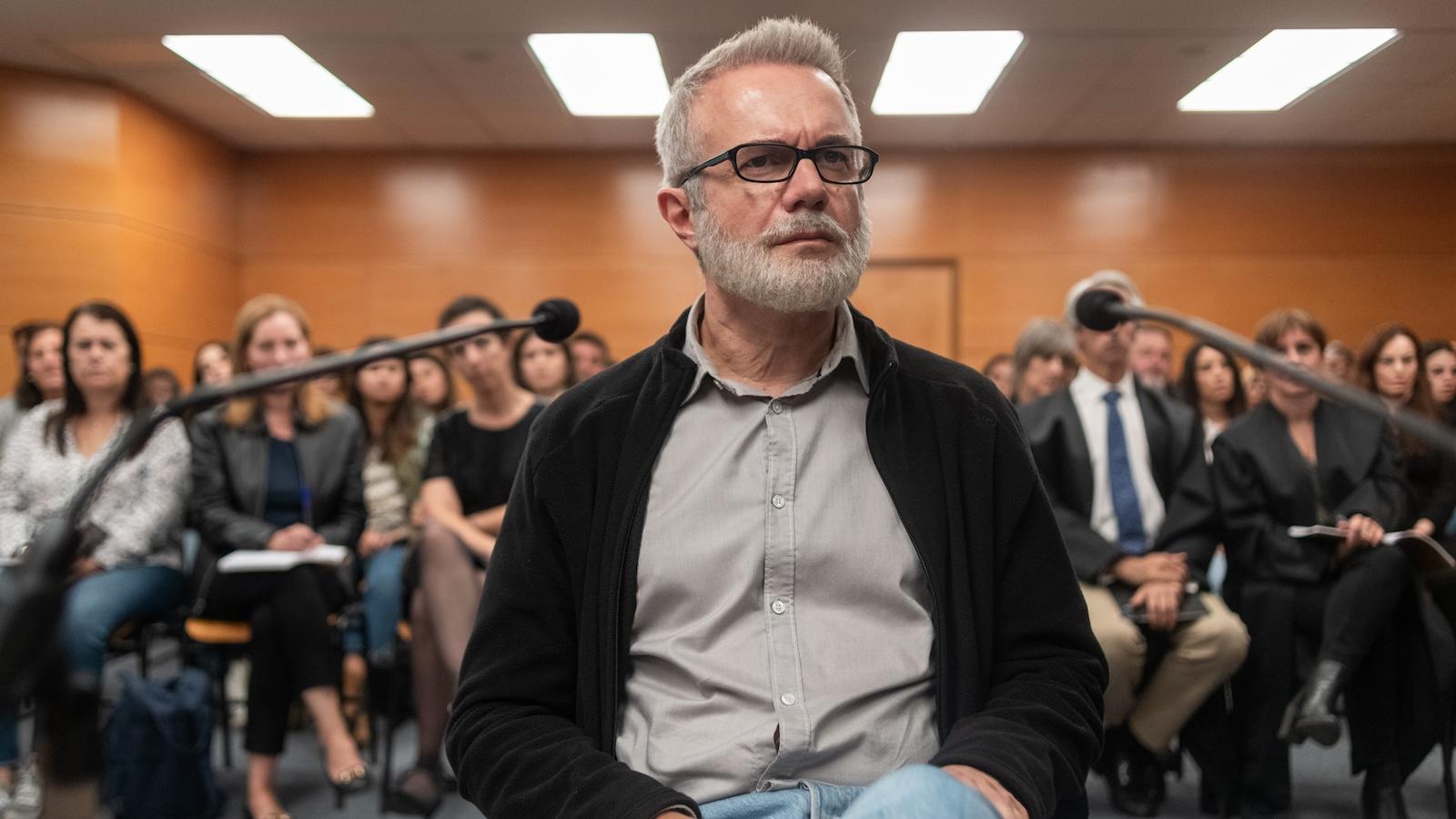Road House review: Conor McGregor is rocking remake’s secret weapon
 Prime Video
Prime VideoRoad House is dumb fun that’s designed to appeal to our baser instincts. It’s also relentlessly entertaining from first punch to last, and a worthy successor to the cult classic on which it’s based.
That predecessor is 1989’s Road House, which was directed by a man named Rowdy, and starred Patrick Swayze as a philosophising bouncer tasked with cleaning up a violent Honky-Tonk bar in the Deep South.
The film was a modest theatrical hit at the time, but became a smash on video thanks to some hilarious dialogue, kick-ass action, and unexpected scenes of throat-ripping, monster trucks, and unrequited man-love.
Doug Liman directs this remake, while Jake Gyllenhaal takes center stage as the deadly doorman in question. Though midway through proceedings MMA fighter Conor McGregor tries to snatch that spotlight, turning the rest of the movie into a titanic battle for onscreen dominance.
What is Road House about?
Road House stars Jake Gyllenhaal as Elwood Dalton, a former mixed martial artist who lost it all, and now lives in his car, suffers suicidal thoughts, and scrapes a living through dead-end fights.
Elwood is offered a way out by Frankie (Jessica Williams), who explains that she owns a roadhouse on the Florida Keys that’s starting to attract the wrong clientele. Frankie wants Dalton to remove those undesirables – who are beating her patrons while wrecking the place – for the princely sum of $5k a week.
This being a classic hero’s journey, Dalton initially refuses the call. But is soon speeding to Down South on a Greyhound bus, then quickly beating up bikers in Frankie’s beautiful beach bar.
As with the original, however, this is more than just a simple clean-up job, as local businessman Ben Brandt (Billy Magnusson) has his eye on the bar. And when the heavies he hires fail to secure the premises, he’s forced to use a cocky killer called Knox (McGregor). Which is when Dalton faces his first meaningful threat, and Road House really begins.
Meet the colorful characters of Glass Key
Glass Key, in Monroe County, is a stunning location for the movie, and writers Anthony Bagarozzi and Charles Mondry have peopled the small town with a wealth of colorful characters to provide some light between the fights.
There’s the quirky barmaid who brings Dalton breakfast burritos. The tough teen who runs the local bookstore. And the lovable henchman – played in delightfully deadpan fashion by Arturo Castro – who doesn’t really want to fight our hero, and provides some of the film’s biggest laughs.
There’s also a romantic sub-plot with local Ellie (Daniela Malchior). Though that was the weakest – and unintentionally funniest – element of the original, where Swayze had more sexual chemistry with mentor Sam Elliott than actual love-interest Kelly Lynch. And so it follows that the romance doesn’t work here. But it does give Gyllenhaal additional excuses to remove his shirt, so it isn’t all bad.
And these characters pretty much all serve a purpose, giving stoic Dalton big personalities to bounce off. As do the film’s larger-than-life villains, both metaphorically and sometimes literally. Brandt is introduced in somewhat ridiculous fashion, and while he’s clearly deranged, his overarching plan isn’t all that exciting, while the man himself never offers any clear and present danger.
Enter Conor McGregor
Which is where Conor – and Conor’s charisma – enters the celluloid octagon. It’s an unsettling introduction for an unpleasant man, McGregor arriving with not a stitch on, and proceeding to walk down a street and through a market with everything out.
If that weren’t enough, within seconds, he’s walking away from an explosion while flashing that inane grin, and while the scene is ridiculous, it also signifies that the film is kicking into another gear.
On this evidence, McGregor isn’t a great actor, essentially shouting and swearing as he’s done at countless press conferences and weigh-ins through the years. But no matter your opinion of the man, he brings true and undeniable presence to proceedings, so-much-so that you genuinely fear for Dalton’s life.
But Gyllenhall has clearly been training, and his fights with McGregor take the breath away, most notably during the grandstanding finale, which delivers on the promise of the premise via a bloody brawl, replete with hacky 1980s one-liners.
Introducing Punch-Cam
Though to be fair, the fights are impressive throughout, and very different to the brawls in the 1989 original. As where Rowdy Herrington loved a master shot – to bask in the chaos at the Double Deuce – Doug Liman is all about placing the audience in the middle of each fight.
 Prime Video
Prime VideoMeaning that while the Road House bands play rock n roll from behind chicken wire, Liman’s camera pans in and around limbs as they do devastating damage; think the stylised brawls of Guy Ritchie’s Sherlock Holmes or Matthew Vaughn’s Kingman, choreographed to a soundtrack of grassroots and soul.
Which makes for a hyper-real viewing experience, most notably when Liman introduces punch-cam, and the audiences sees what it’s like being smashed in the face by a martial arts champion. SPOILER: bloody terrifying.
Is the new Road House good?
The Road House remake is a very stupid film that isn’t quite as silly as the original. It also delivers a punch to the face of tonal consistency, as well as a kick to the balls of character development.
The former is consistent with the original, and honestly, it’s fun watching a movie this schizophrenic, pinballing as it does between superficial fun, and matters of life and death.
But when it comes to Dalton (or any character for that matter) having an arc, the movie runs into trouble. During old Road House, Swayze’s character learns an important lesson about controlling his anger and violent tendencies, ending the movie a better person than when he started.
In new Road House, Gyllenhaal’s character very much does not. The journey rids our hero of his death wish, which is never a bad thing. But in the 2024 version, his anger issues are ultimately embraced, and even save the day. Which is a grim message for the movie, and a weird way to close out Dalton’s story.
Road House score: 4/5
That pretty much sums up the new film, relying on action-movie cliche’s one minute, then defying convention the next. The drama and violence both escalate nicely, while Gyllenhaal delivers an understated performance in the early scenes – reminiscent of Eastwood’s ‘Man With No Name’ – before essentially becoming Rambo in the home strait. A dark turn that’s deeply satisfying to watch.
But it’s Conor McGregor who delivers the knockout blow, with Road House heralding the arrival of an exciting new action star, while also being a bloody good time at the movies.
Road House streams on Prime Video from March 21, 2024, while for more stuff streaming this month, head here.



